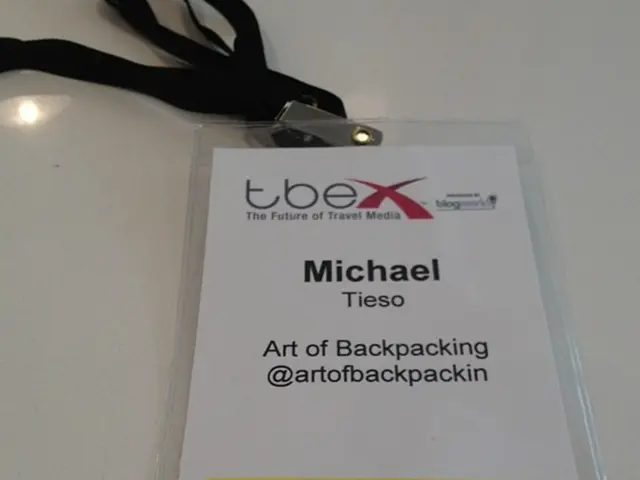Satellite technology and machine learning are transforming customer service by revolutionizing data analysis and providing real-time, location-specific insights.
In the rapidly evolving world of technology, the integration of Artificial Intelligence (AI) and Machine Learning (ML) in telecommunications (telcos) is becoming increasingly important. If Low Earth Orbit (LEO) satellite providers were to adopt the MEF 3.0 standards, it could potentially revolutionise the industry, allowing for easier integration of these networks into telcos' AI/ML operations with reduced integration overhead.
This standard-based compatibility is essential for the seamless extension of terrestrial networks to areas lacking coverage and for ensuring visibility for AI/ML operating systems. Reliable, fast connectivity is crucial for efficient operations, favourable customer interactions, and sustained customer retention and growth.
The telco industry has been investing heavily in 5G and fiber, which has led to an increase in the debt-to-equity ratio. However, the industry is not resting on its laurels. Telco CTOs, operations teams, and network officers may benefit from reduced operational complexity in service delivery, thanks to this potential integration.
Glenn Katz, the Chief Commercial Officer at Telesat, is an expert in complex networks and innovative service delivery. His expertise is crucial in navigating this new era of interoperability.
The goal is to create a unified, standards-based network ecosystem where machine learning, automation, and customer experience converge to improve both operational teams' efficiency and end-users' experiences. This interoperability can help telcos and enterprises harmonise third-party solutions without compromising on visibility or control, extending network monitoring, ML algorithms, and customer-focused AI systems uniformly to all customer locations.
According to recent research, global telcos' revenues are expected to have a 0.3% compound annual growth rate (CAGR) from 2024 to 2027. While this may not seem significant, it represents a steady growth in the industry.
Telcos often rely on third-party networks for the last-mile connection, which can limit the effectiveness of AI/ML systems in maintaining service levels or meeting customer expectations. A LEO-supported satellite solution can provide surge capacity at large public events, airports, or in emergency situations, with ML algorithms capable of detecting traffic spikes and temporarily adding bandwidth to boost capacity in real time.
Interestingly, 48% of telcos state that customer experience optimization is their main goal for investing in AI-based technology. This focus on customer experience is a testament to the industry's recognition of the value of a positive customer interaction in retaining and attracting customers.
The MEF standard, now known as Mplify, has been crucial for enabling compatibility and interoperability between teleco Carrier Ethernet networks and third-party providers for over a decade. This standard's potential expansion into the realm of LEO satellite networks could mark a significant step forward in the integration of these networks.
However, as of August 2025, there are no specific public disclosures yet regarding which LEO satellite providers have adopted MEF 3.0 standards or intend to do so to solve interoperability in integrating LEO satellite networks with telcos' AI/ML operating systems. Current discussions focus broadly on integrating satellite and telecom networks for 5G and beyond, but no named LEO constellation operators have been explicitly linked to MEF 3.0 adoption.
Machine learning is essential for delivering satisfactory service against enterprise customer expectations. With the potential integration of LEO satellite networks, telcos could leverage ML to provide a reliable, quality, and consistent experience for customers, whether they are multinational enterprises or individual consumers, wherever and whenever they need it. The end goal is to provide a seamless, high-quality service that meets the demands of the modern, connected world.
Read also:
- Musk announces intention to sue Apple for overlooking X and Grok in the top app listings
- Cybertruck's Disappointing Setback, Musk's New Policy, Mega-Pack Triumphs, Model Y's Anticipated Upgrade Prior to Refresh (Week of January 25 for Tesla)
- Innovative Company ILiAD Technologies Introduces ILiAD+: Boosting Direct Lithium Extraction Technology's Efficiency Substantially
- Nuclear Ambitions at a U.S. Airport Spark Controversy, With Opposition Swelling







